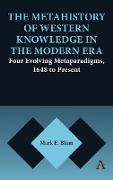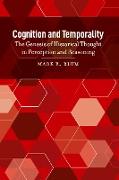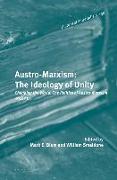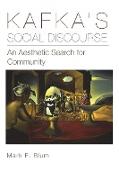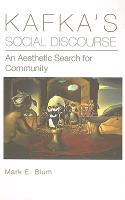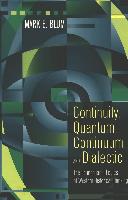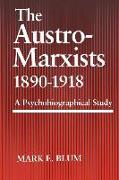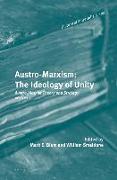Phenomenology and Historical Thought
Blum, Mark E.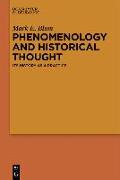
The volume begins with what is in common to contemporary phenomenological historians and historiographers. That is the understandings that temporality is the core of human judgment conditioning in its forms how we consciously attend and judge phenomena. For every phenomenological historian or historiographer, all history is an event, a span of time. This time span is not external to the individual, rather forms the content and structure of eve...

